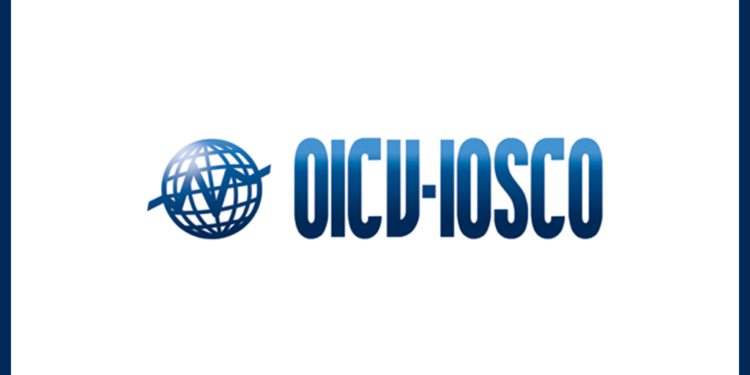The International Organization of Securities Commissions (IOSCO) has made its policy recommendations for crypto and digital asset markets available for public feedback. On Tuesday, IOSCO unveiled 18 comprehensive recommendations covering various aspects such as market abuse, conflict of interest, safeguarding client assets, disclosure requirements, and risks related to cryptocurrencies.
According to a press statement, the primary focus of these recommendations is to address widespread concerns surrounding investor protection and market integrity within the crypto sphere. The previous year, the international policy forum that brings together securities regulators from approximately 130 countries formed the Fintech Task Force (FTF) to shape IOSCO’s regulatory priorities concerning fintech and cryptocurrencies.
Chaired by the Monetary Authority of Singapore, the FTF consists of representatives from 27 out of the 33 board member jurisdictions. Within the FTF, two working groups were established to address specific areas. The first, led by the U.K.’s Financial Conduct Authority, was tasked with publishing recommendations for crypto assets this year. The second working group, overseen by the U.S. Securities and Exchange Commission (SEC), focused on decentralized finance (DeFi).
Calls for Tougher Crypto Regulations?
The recent collapses of stablecoin issuer Terra and crypto exchange FTX have reignited the push for stricter regulations in the crypto space by global standard-setters. To address these concerns, the Financial Stability Board is preparing to release recommendations specifically for stablecoins in the upcoming months.
Moreover, the development of global crypto regulations will be influenced by a collaborative synthesis paper from the FSB and the International Monetary Fund (IMF). Highlighting the urgency of the matter, the Financial Action Task Force (FATF), an international watchdog for financial crimes, recently urged the advanced economies of the G-7 to take the lead in implementing its recommended anti-money laundering measures.
In a statement to the press, Jean-Paul Servais, chairperson of IOSCO, emphasized the need to address the regulatory uncertainty surrounding crypto activities, as highlighted by the recent communiqué of the G-7 Finance Ministers and Central Bank. Servais stated that it is crucial to put an end to this uncertainty. He further expressed that today’s consultation paper received unanimous support from the IOSCO Board.
When asked about the potential legitimacy of crypto through the release of policy recommendations, Servais clarified that IOSCO’s role primarily pertains to financial regulation. He explained that categorizing crypto as gambling, as proposed by a group of U.K. lawmakers, falls outside the scope of the regulator. The consultation period for providing feedback on the recommendations will conclude on July 31st.























